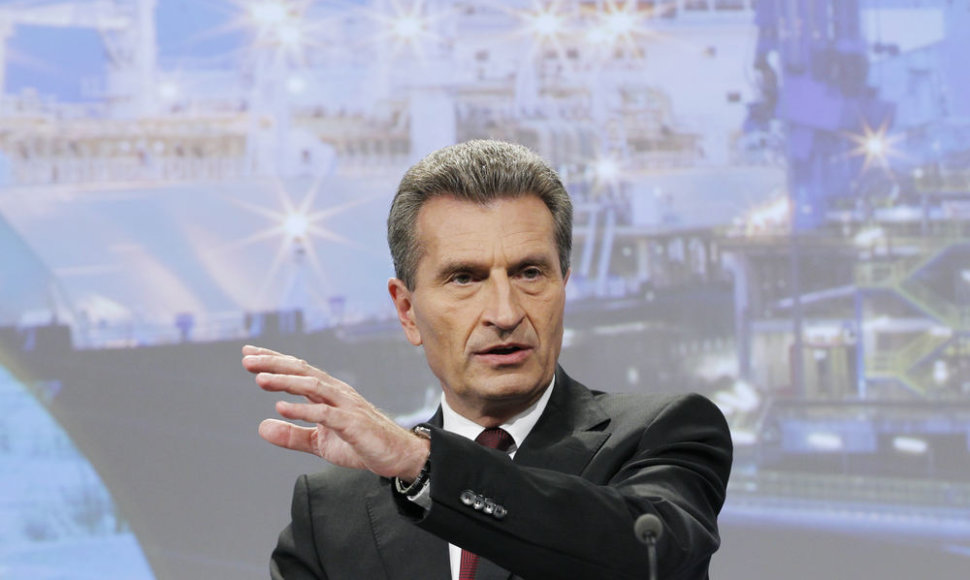“Clearly, it will be difficult to ensure energy supply security in the entire region without nuclear energy. Naturally, if a new nuclear power plant is not built, it may be necessary to increase the imports of electricity or enhance the operations of gas-fired power plants. Hence a gas terminal is an excellent and important solution for Lithuania, Latvia, and Estonia,” he said at a news conference in Brussels on Thursday.
According to him, if the nuclear power plants are not built, problems with energy supply security will persist in the entire region, including the Baltic countries, Finland, and the Kaliningrad region.
It would be for Lithuania’s authorities to decide whether to consider the results of 14 October referendum or not, he said.
The majority of Lithuania’s voters who cast their votes at last month’s non-binding referendum turned down the project of a new nuclear power plant in Visaginas.
“As far as nuclear energy is concerned, whether to support nuclear energy or not, and what reactors should be built, it is for the national government and the national parliament to decide. We are waiting for the decision, which will be taken by the new government and the new parliament. We don’t know whether the parliament, the government will follow the results of the non-binding advisory referendum, or will decide something else,” Oettinger said.
The Commissioner, who introduced the European Commission’s (EC) Internal Energy Market Communication on Thursday, also said that the European Union (EU) should speak with Russia, one of the strongest market players, in one voice.
“We shall work with Russia very objectively and resolutely. Russia has big resources, the largest grids of gas pipelines. And the prices of gas are different in the member states. If we want to speak with Russia on equal terms, we shall speak in one voice,” the Commissioner said.
Oettinger said that he supported the ongoing talks with Russia on the implementation of the third energy package.
“We advise and try to help solve problems with Gazprom and E.ON Ruhrgas. We are looking for a sustainable and fair solution for the unbundling of grids and generation. We are looking for a solution. I have no doubts that we will continue to work successfully with the new [Lithuanian] government as well,” the Commissioner said.
“It does not matter who supplies gas or electricity – Gazprom or others. They shall respect the internal rules,” he said.












